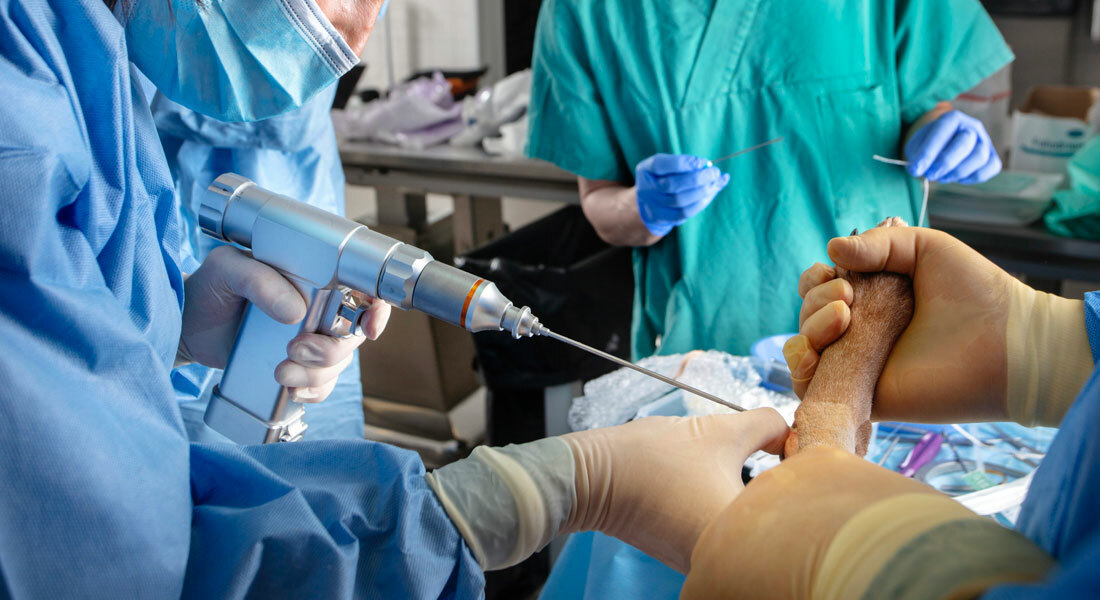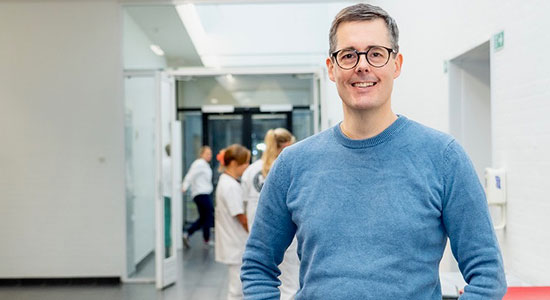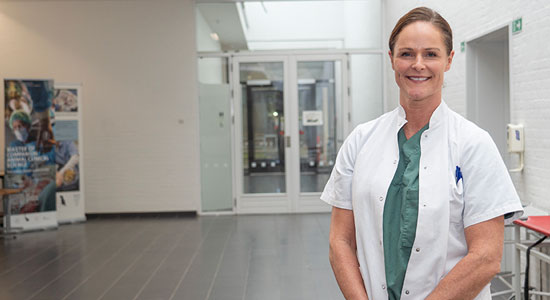Click here to read the curriculum in the course catalogue.
Course code: SCAM25005U

This course aims to expand the student's knowledge, skills, and competencies in the fundamental principles of orthopedic examination and management of lame companion animals.
It covers the approach to assessment, diagnostic tools, and surgical procedures necessary for treating patients in need of orthopedic care.
The course will extend the students assessment and management of the lame companion animal patient and plan the perioperative management of the patient including special anaesthesia and analgesia requirements.
This course is only available for students enrolled on the Surgery specialisation track.
Read more about the specialisations tracks and the Master's programme on the main page:

James Edward MilesProfessor MSO |

Dorthe HansenDVM, GPCertSAS, MS CACS (Surgery) |
Course dates
13 - 17 January 2025.
Course dates 2027
18 - 22 January 2027
The course is available every second year.
Examination
Please find dates and details about the exam in the exam schedule.
Having completed the course, the student must be able to:
Knowledge
Skills
Competences
This course is only available for students enrolled in the Surgery specialisation of Master of Companion Animal Clinical Science.
Visit the Surgery page.
You must meet the following criteria to be admitted to this course:
Read more about admission on the main page of Master of Companion Animal Clinical Science.
EU/EEA citizens*
32,500 DKK
Non-EU/EEA citizens
36,033 DKK
*Citizens of the EU, EEA or Switzerland is entitled to a subsidised tuition fee, due to EU legislation, hence the difference in price.
28100 Novara
Italy
Christine Gulstad
Study Administration Officer
Tel.: +45 35 32 12 73